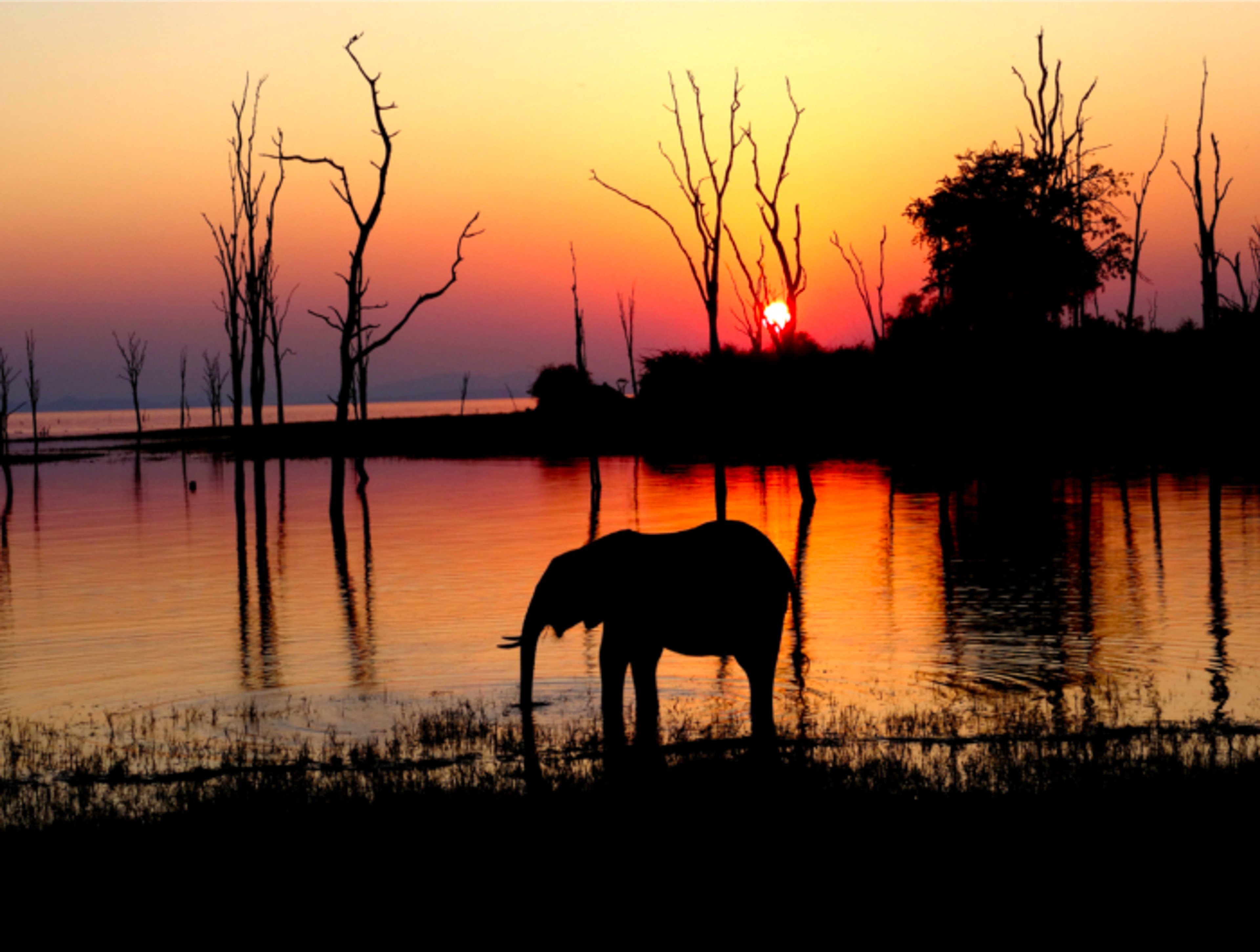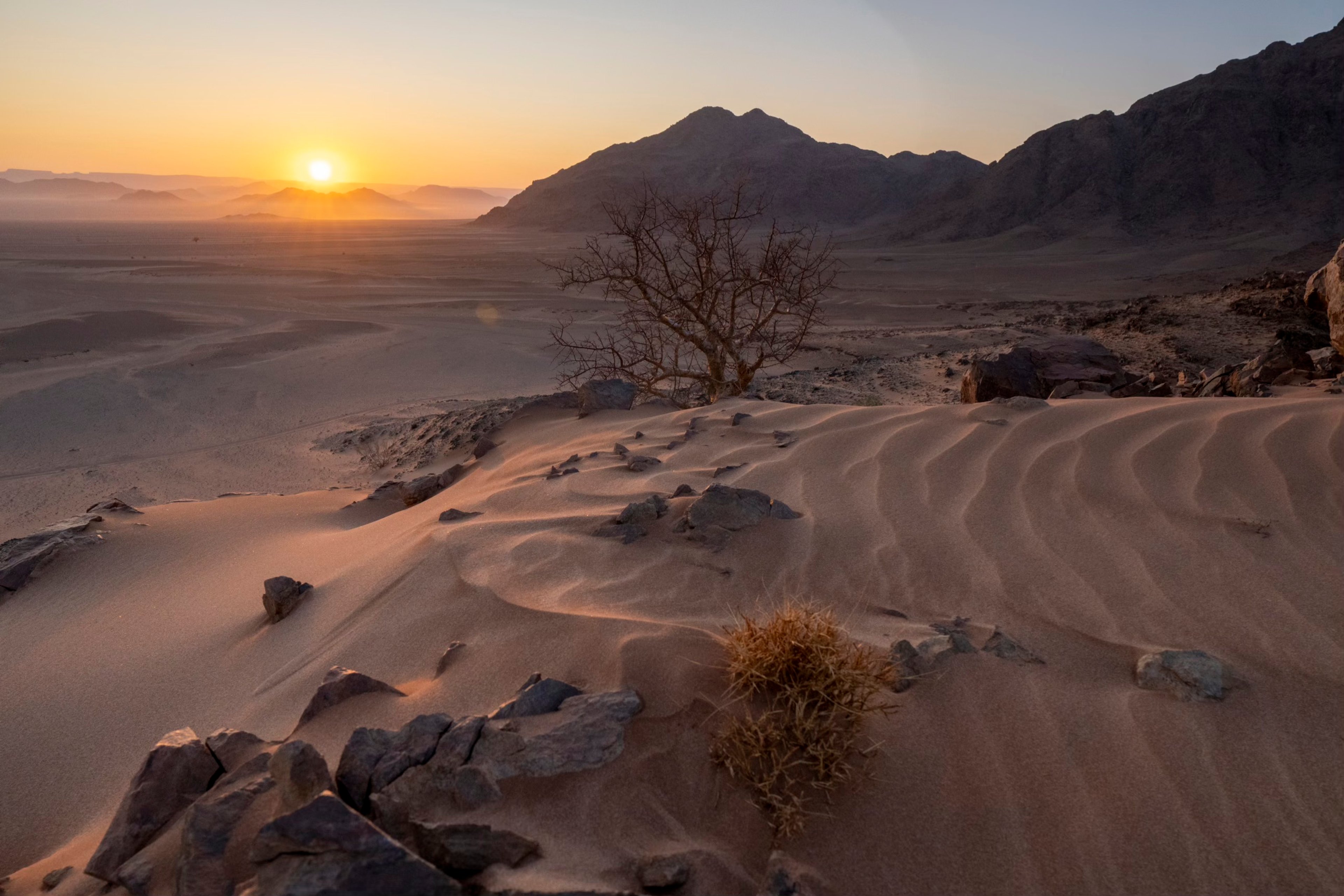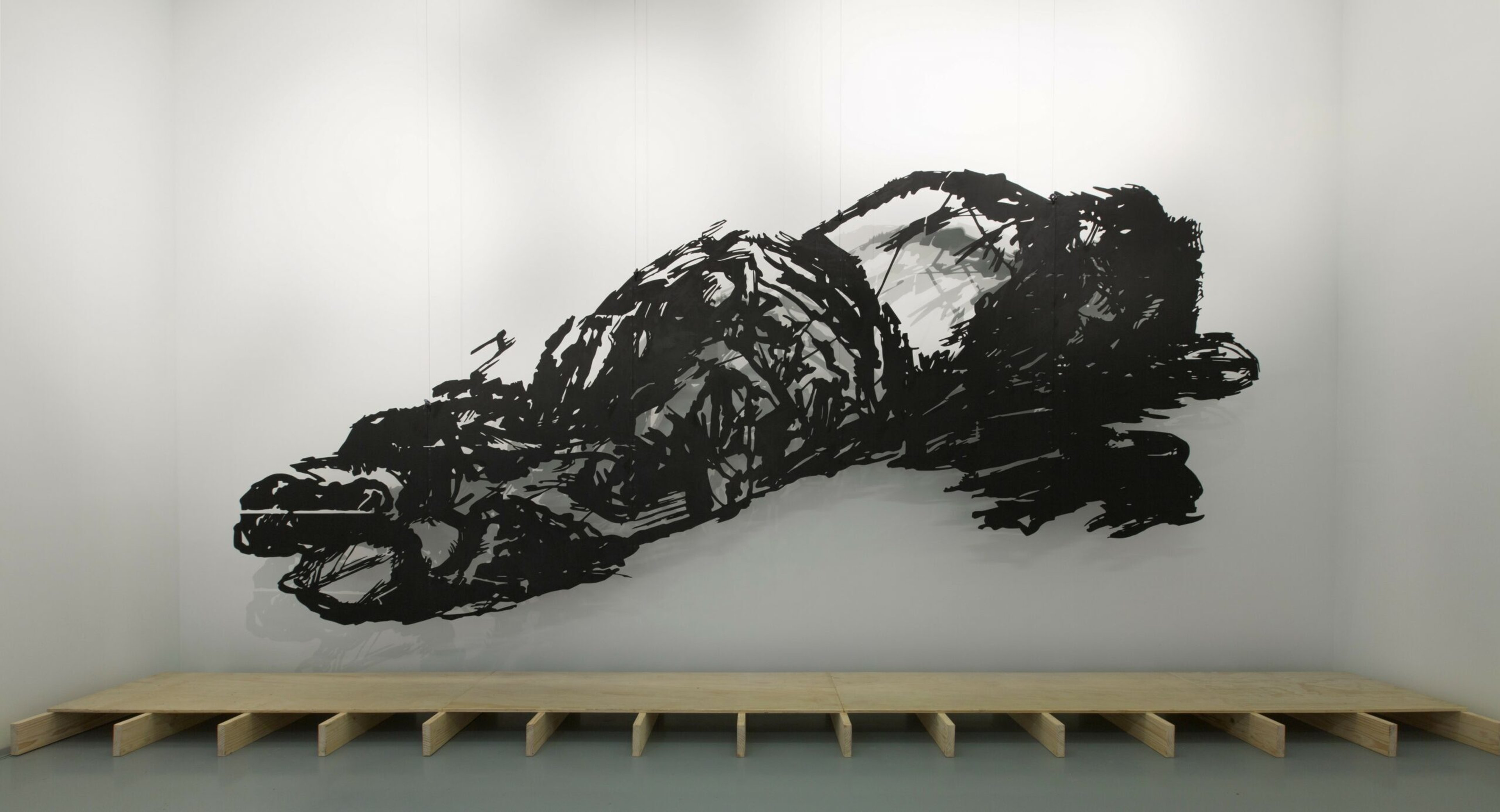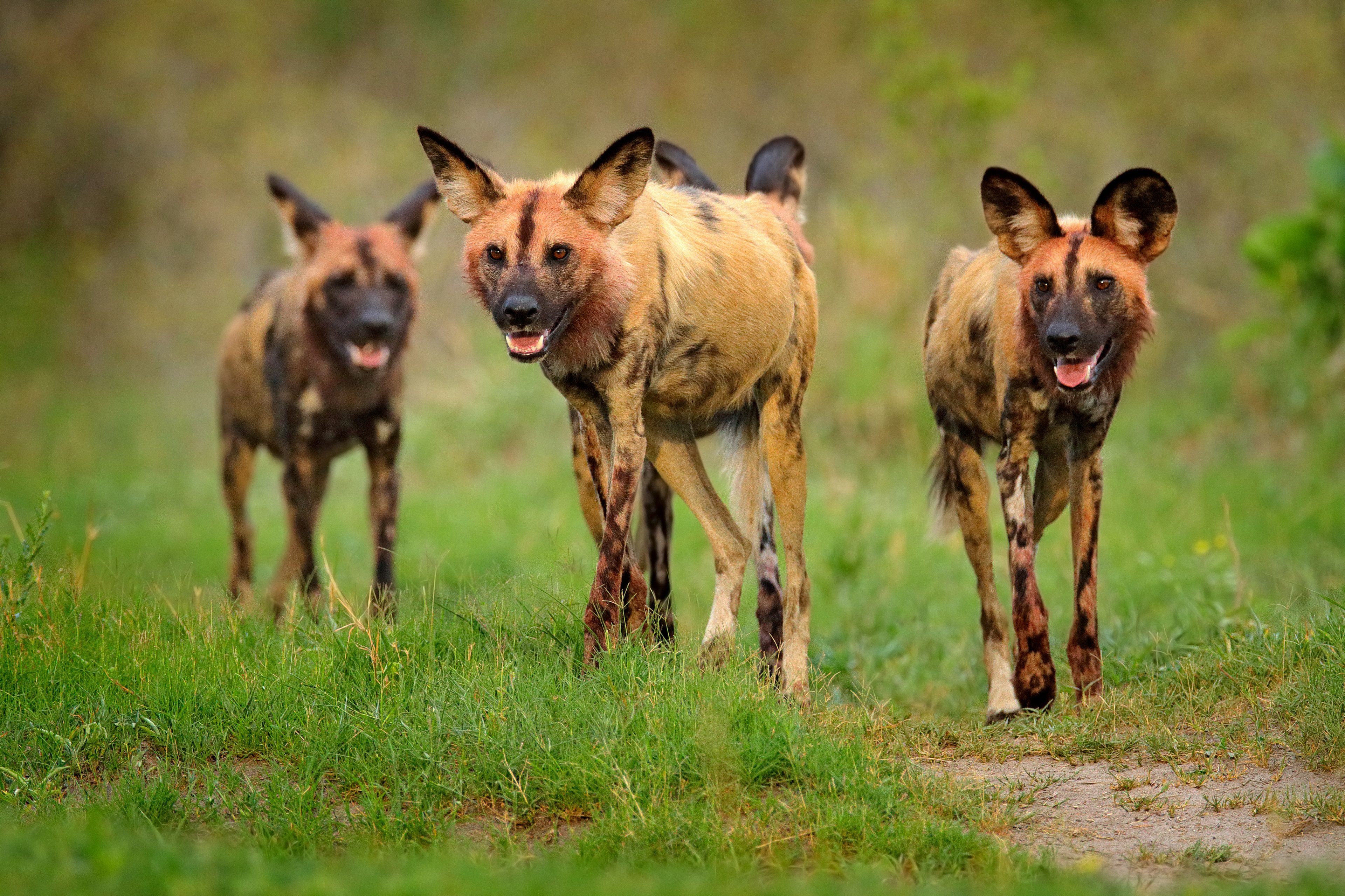The Power of Speaking Up, my perspective. By Deborah Calmeyer
Sunrise has always been my favorite time of day. Not only for its immense beauty and drama when witnessed from your tent on the African plains but because it’s the beginning of a new day, a chance for happiness and improvement. It’s is a symbol of birth and rebirth, of awakening, and for me personally it symbolizes safety. It’s hardly surprising, given my childhood during the Rhodesian Bush War. Sunrise meant that we had got through another dangerous night.
There is a lot in that name, the Rhodesian Bush War. To others it was the Zimbabwe War of Liberation which is what I recognize it as now. Back then, black liberation forces known to me as ‘terrorists’ from neighboring Mozambique and Zambia would ambush our farm regularly. We lived with a curfew (similar to right now) from 6pm to 6am, army tanks roamed our farm and my dad always slept with rifle and Agric alert on. My mum, who was 29 and lived in the capital city of Salisbury, now Harare, did her daily jog around the neighborhood with an Uzi submachine gun. This was my ‘normal at 5 years old’. If the alarm went off at night my job – as instructed by my father – was to grab my sister and leopard-crawl across the floor to his room. To this day I have nightmares of being taken from my bed by soldiers. What I did not realize then was that mine was a life of immense privilege, not least because a black child could have been shot on sight for just leaving their family’s kraal at that time. Of course, as a child you are just in it, believing in your own worldview laminated into your brain by your situation.
Despite the trauma ridden nights, I remember my younger years as idyllic with time spent water-skiing on the crocodile infested waters of Lake Kariba. I recall the joy (laced with occasional fear) of nights on our houseboat, sleeping out on the deck under the stars, listening to the roar of lions – all wonderful childhood memories seared into the happy part of my life’s movie. Once again, my point of view as I saw it, without any context whatsoever.
It was only years later that I realized many heart-breaking and sobering truths about that time and those childhood memories. That all people were not treated equally in my homeland or where I finished my schooling in South Africa still under Apartheid at the time. That people were forcibly moved from their homeland to create the beautiful Lake Kariba of which I have such fond memories. Built between 1955 and 1959, it is the largest manmade lake in the world and supplies all the power for Zimbabwe as well as some incredible tourism but at great cost. It was the scheme of the former self-governing British colonies (now, respectively, Zambia, Zimbabwe and Malawi). I say scheme because it’s hard to make sense of how the creation of this lake was ever allowed. It rendered 57,000 Tonga people who had lived there for generations homeless. While Operation Noah saw over 6,000 large mammals and countless smaller ones carried to land in boats, many more perished. That innocent people suffered so much loss through an organized flood is incomprehensible. And yet, as we know human behavior repeats these mistakes time and again, with the consequences collective and universal.
Moving to New York 20 years ago has been an education for which I am very grateful. I had not expected to find racism as widespread as it is in America, the Land of the Free. The learning continues. Just last year I found myself blown away by The New York Times’ 1619 Project, an initiative that aims to reframe America’s history ‘by placing the consequences of slavery and the contributions of black Americans at the very center of our national narrative.’ I’m ashamed to admit that before then, I hadn’t known that 1619 was the year in which a ship called The White Lion arrived at Point Comfort in the British colony of Virginia, bearing a cargo of 20 to 30 enslaved Africans. This was the year before the Mayflower made landfall and crossing the Atlantic wiped out their past far more comprehensively than Lake Kariba drowning the rightful inheritance of the Tonga people. As Jake Silverstein, the NYT’s Editor-in-Chief explained: ‘Their arrival inaugurated a barbaric system of chattel slavery that would last for the next 250 years. This is sometimes referred to as the country’s original sin, but it is more than that: it is the country’s very origin.’





